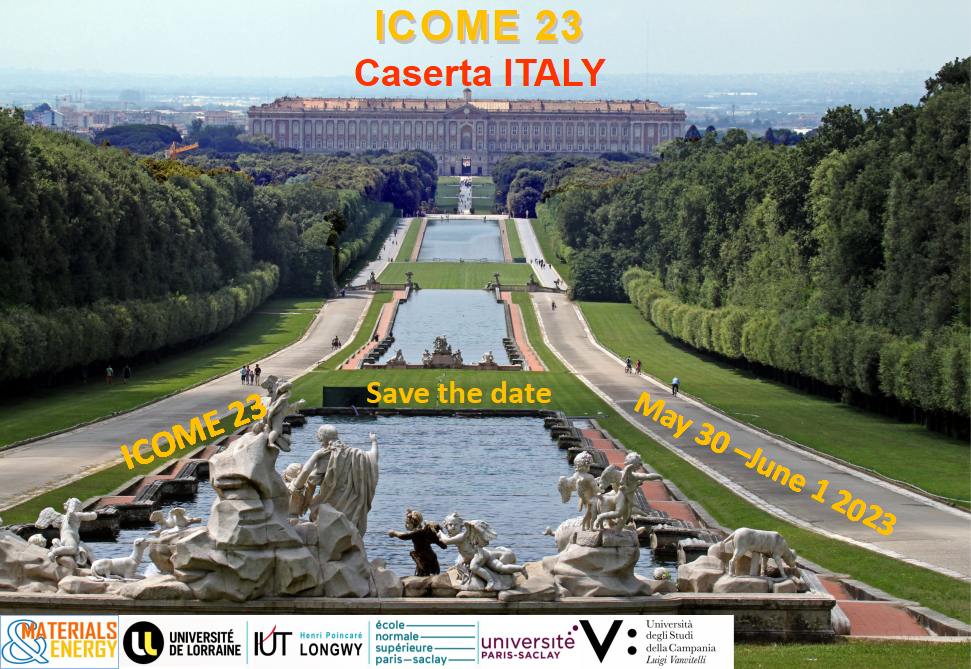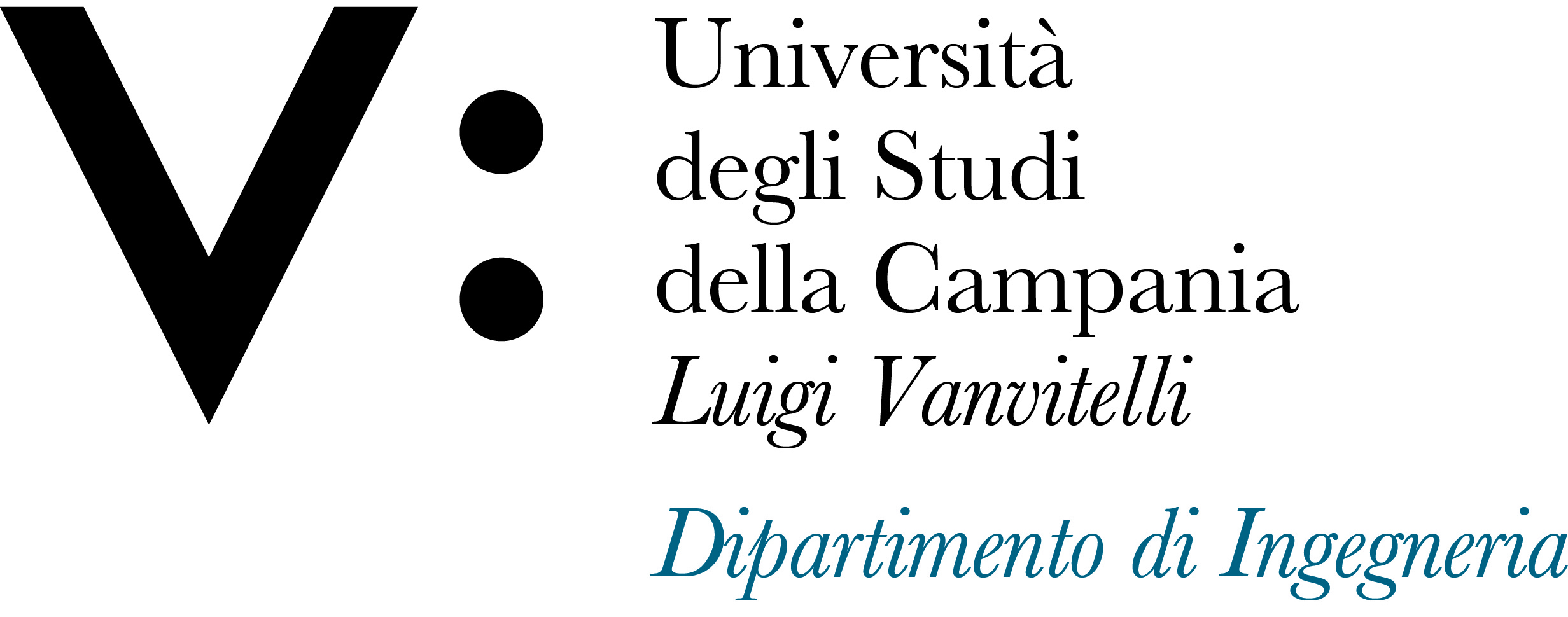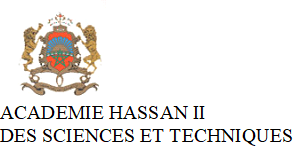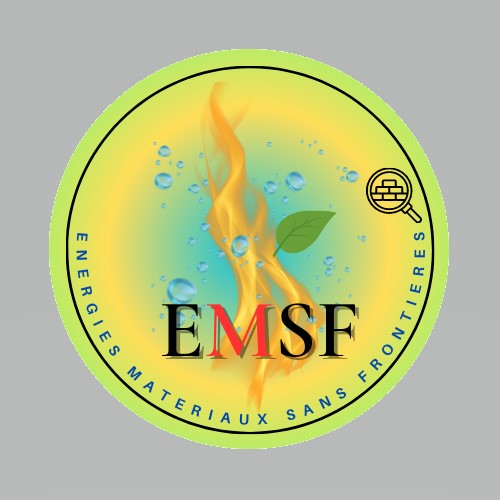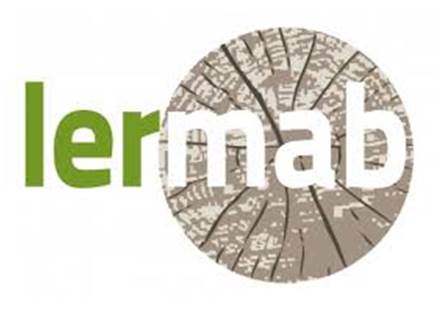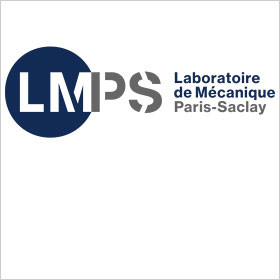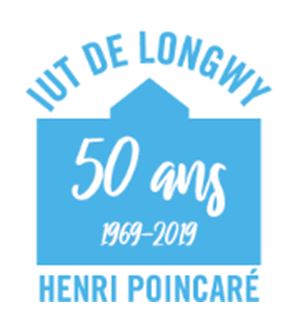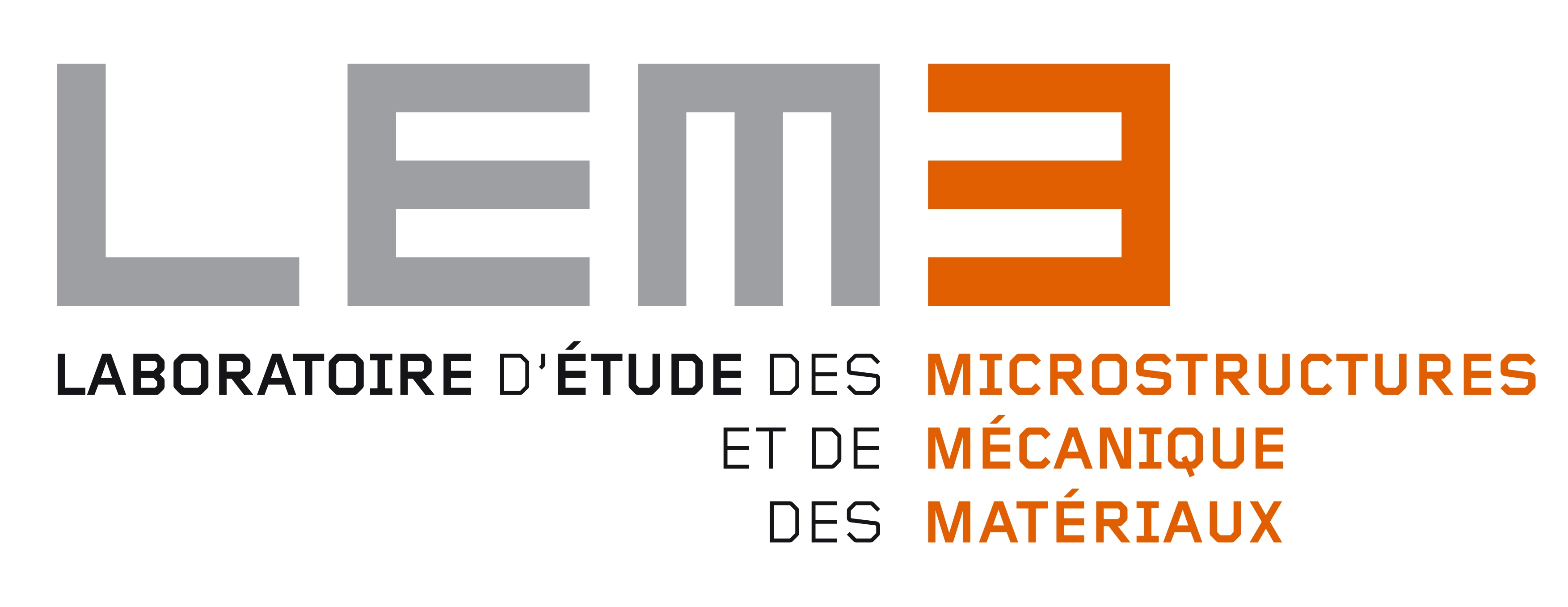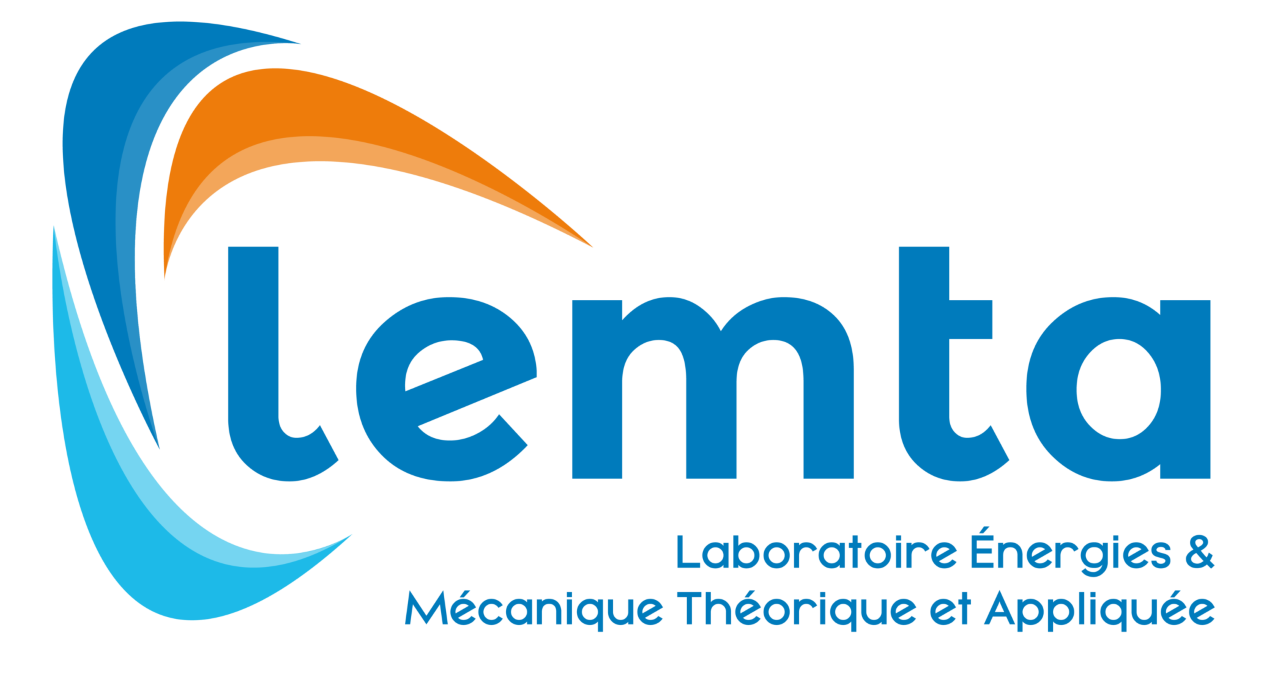Dr. Sofiane MERADJI
University of Toulon, France
Dr. Jean-Louis ROSSIUniversity of Corsica, France
Dr. Thierry MARCELLIUniversity of Corsica, France
Over the last few decades, considerable efforts have been focused on developing and implementing statistical and physics-based models to account for the interactions between fire, vegetation, and the atmosphere. These models have led to a better understanding of the dynamics of fire spread in a landscape and are continuing to contribute to the state of art of wildfire science. However, despite considerable progress in modeling fire behavior, wildfires occur in complex environments where multiple parameters and physical processes interact to influence its behaviour at a variety of spatial and temporal scales. Despite the wide use of these models, many have experienced some limitations. The main problem today is the existence of high intensity fire events, that are very difficult to control and can overwhelm suppression capabilities. It was reported by scientists that only 5% of these past years forest fires caused the most important damages. These so-called extreme fires seem to become a new standard. Thus, wildfires can still create unexpected scenarios for emergency services during real situations and result in significant injury, even fatalities, in addition to the numerous socioeconomic and the irreversible ecological impacts. Wildfires in wildland-urban interface communities have also rapidly grown in occurrence and strength over the past few decades due to the growing pace of urbanization and landscape transformation. Recently, using data assimilation and deep learning techniques to better predict wildfire behavior has aroused considerable interest. These emerging approaches coupled to standard models seem very promising. This special event offers an opportunity for those involved in fire safety science and wildfire / wildland urban interface fire behavior to present their work. The target audiences for this program are graduate students, post-doctoral fellows, and researchers and engineers, engaged in fire science and fire safety research programs. The adopted viewpoint in the program is primarily (but not exclusively) engineering based. The objectives are to expose a broad range of advanced topics with a mix between fundamental aspects (underlying physical and chemical mechanisms) and the current challenges related to the mitigation of the negative impacts of these extreme fires. Submissions are encouraged on, but not limited to, the following topics:
Fuel flammability Fire spreading Fire dynamics Fire suppression Wildland fires and large outdoor fires Enclosure fire dynamics Wildfire risk assessment and management Fire risk analysis and fire safety design Wildland Urban Interface Human evacuation and behavior Environmental impacts of fire, sustainability CFD simulation and modeling AI / Deep Learning and/or data assimilation Authors will be invited to submit the final version to the following MDPI Special Issue Journals: https://www.mdpi.com/journal/atmosphere/special_issues/wildfires_modeling https://www.mdpi.com/journal/fire/special_issues/35NV4A118M Full waivers (100% discount of APC) will be provided for high quality papers. We look forward to receiving your contributions.

